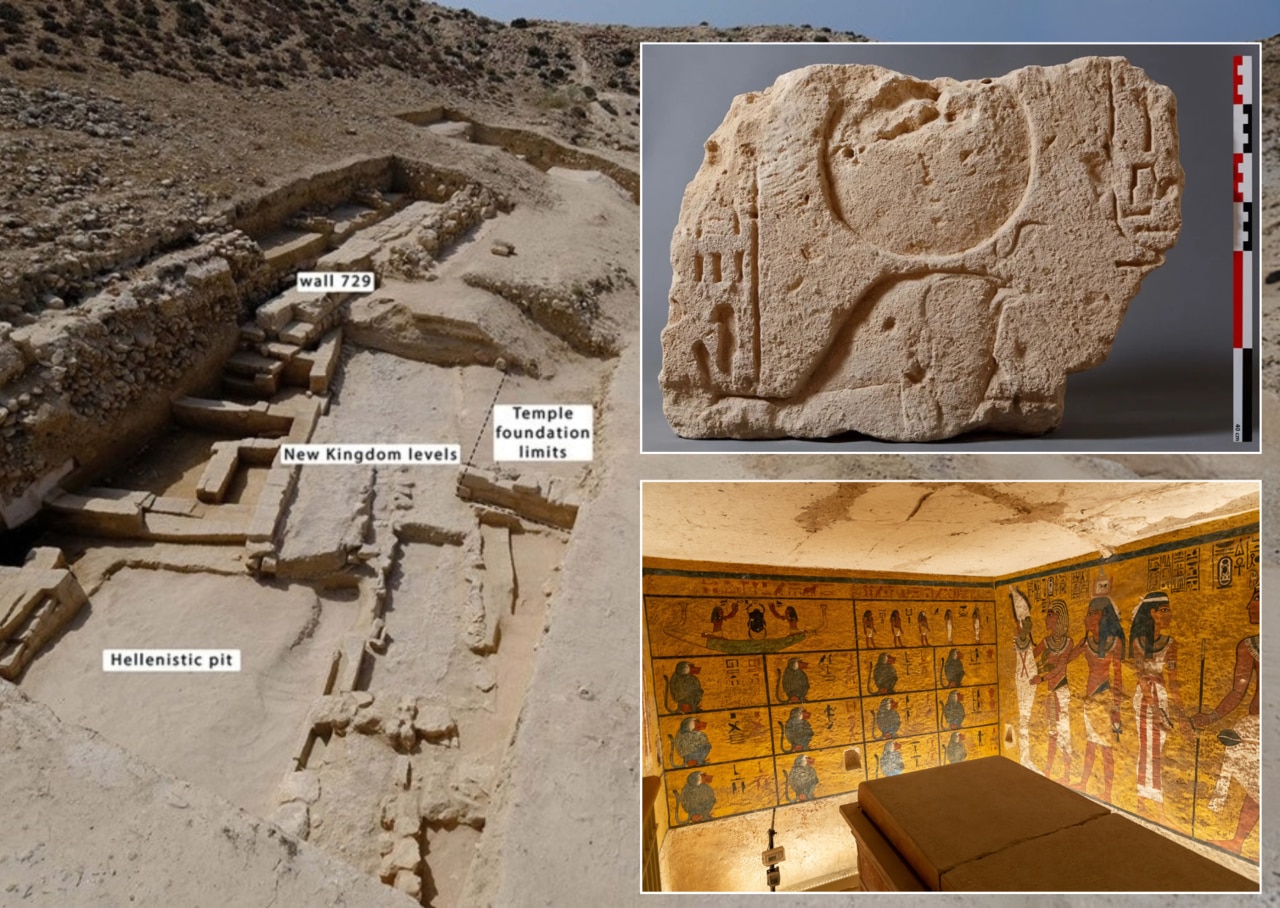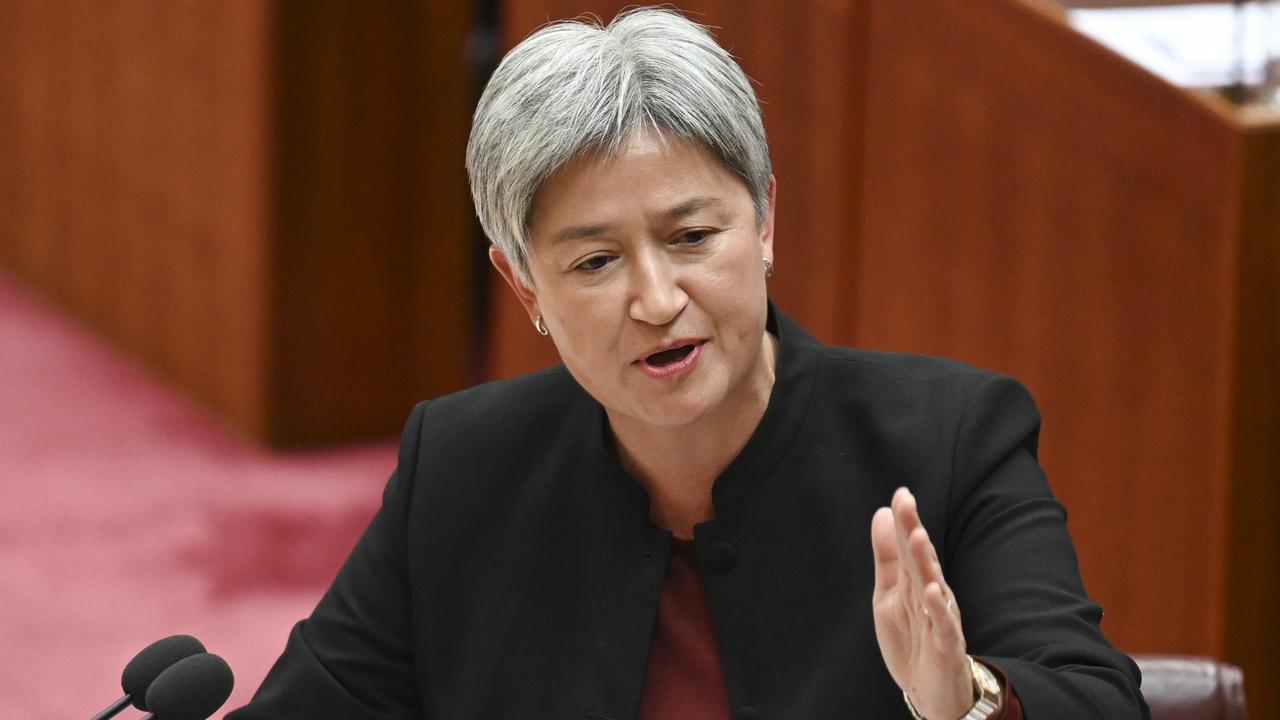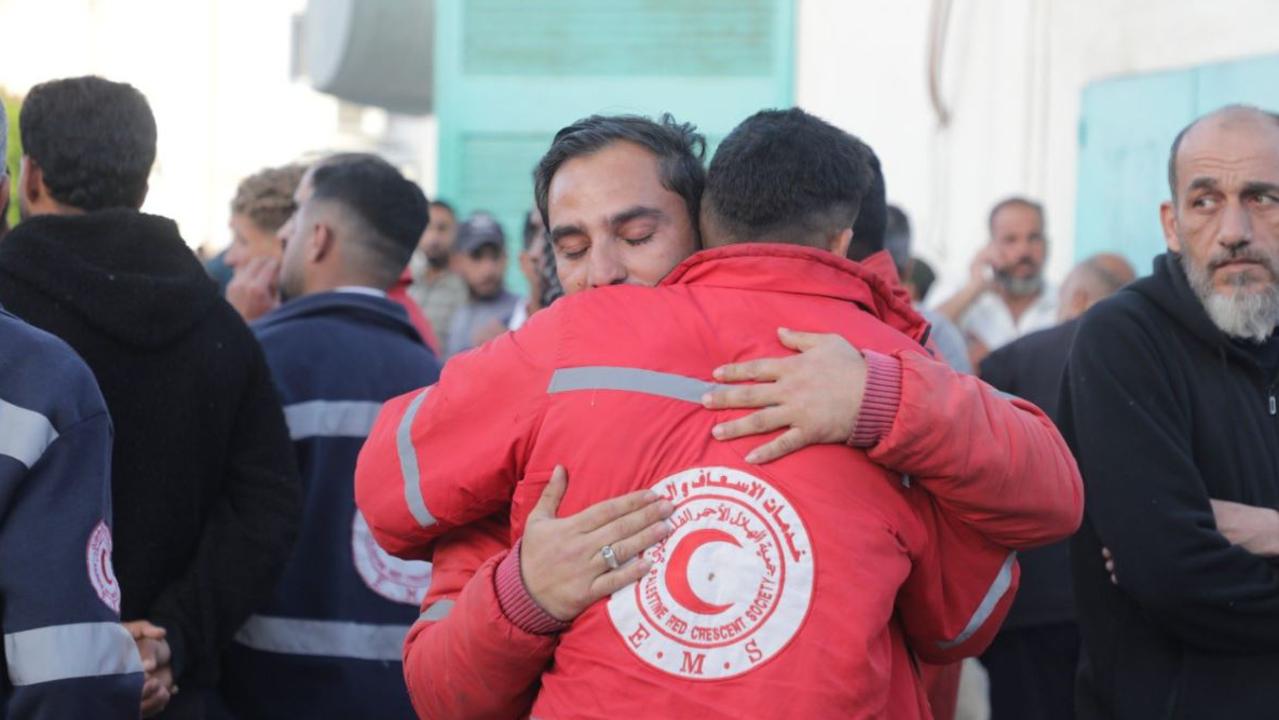Afghanistan war: What is the future of the nation after Taliban takes over
A day after the Taliban took control of Afghanistan 20 years after being driven out, there is one question the world wants answered.
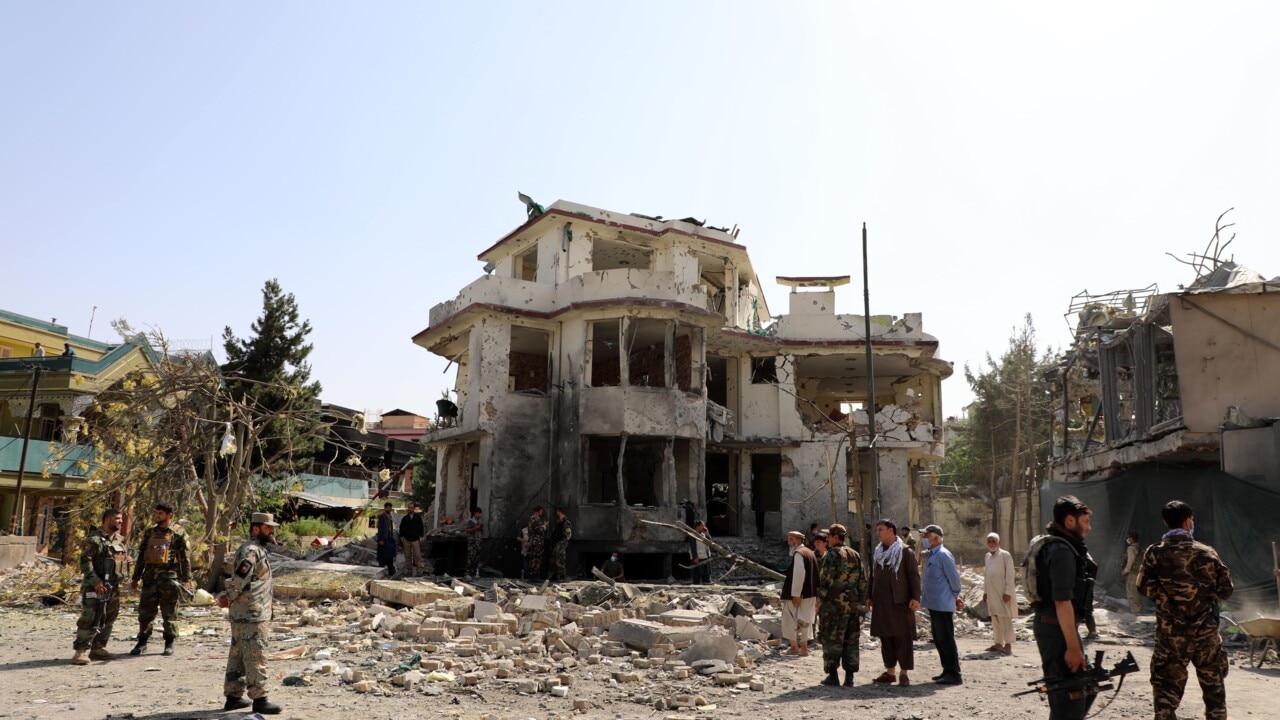
With Afghanistan firmly back under the control of the Taliban again, the world is anxiously waiting to see what the militant group plans to do with the nation.
It’s been 20 years since the Taliban was in power in Afghanistan after the US forced it to flee Kabul in 2001, due to the support it gave al-Qaeda following the 9/11 terrorist attacks.
Fears are growing the Taliban is already reintroducing its brutal way of life to Afghanistan.
There are reports Taliban fighters are going door-to-door in Kabul, searching for female journalists.
Taliban invaded the homes of at least two female journalists in Kabul today. One managed to escape, one is unreachable.
— Nadia Momand (@NadiaMomand) August 15, 2021
And Diversity Council Australia Director Mariam Veiszadeh, whose sister-in-law’s sister lives in Afghanistan, said she had heard reports of bashings.
💔 Just heard about 2 Hazara Shia women in Herat #Afhanistan were being beaten publicly by Taliban officials YESTERDAY!
— Mariam Veiszadeh 💉💉💉 (@MariamVeiszadeh) August 16, 2021
My sister in law Nahid whose sister lives in Herat with her family just told me this.
RELATED: How Taliban took back control of Afghanistan
There are many more reports of women hiding in their homes and men with their faces covered in black tar being paraded through the streets.
So, the question on everyone’s lips now is, what’s next for Afghanistan?
What will the Taliban do next?
The Taliban has promised to keep the peace in Afghanistan, telling the world through a spokesman “we have reached what we were seeking, the freedom of our country and the independence of our people”.
In a video posted to social media, Taliban co-founder Abdul Ghani Baradar attempted to provide reassurances to Afghanistan.
“Now it’s time to test and prove, now we have to show that we can serve our nation and ensure security and comfort of life,” he said.
After declaring victory over Kabul, the Taliban ruled out plans for a transitional government, instead declaring its first point of order would be re-establishing the “Islamic Emirate of Afghanistan”.
An Islamic Emirate is a territory controlled by an emir, usually a male Arabic monarch or aristocrat.
The Taliban has also announced its plans to bring back sharia law in Afghanistan, an ultra-strict interpretation of the Islamic tradition.
In a sign of things to come, a photo on social media showed the owner of a beauty salon painting over posters depicting women.
Kabul. pic.twitter.com/RyZcA7pktj
— Lotfullah Najafizada (@LNajafizada) August 15, 2021
“It is a nightmare for educated women who envisioned a brighter future for themselves and generations to come,” Aisha Khurram, a former youth representative to the UN, told AFP.
The situation could also be dire for the LGBT community. A Taliban judge pronounced last month that the penalty for homosexuality would be death under its rule.
“There are only two penalties for gays: Either stoning or he has to stand behind a wall that falls on him. The wall must be 2.5 to 3 metres high,” the judge told German newspaper Bild.
What was it like living under the Taliban and sharia Law?
Afghanistan was under the control of the Taliban from 1996 to 2001, with the group ruling under sharia law.
The Taliban’s interpretation of sharia law meant girls were banned from school and university and women were ordered to stop working.
When women did leave the house they had to be covered from head to toe with a burqa and they were only allowed to venture out with a male relative.
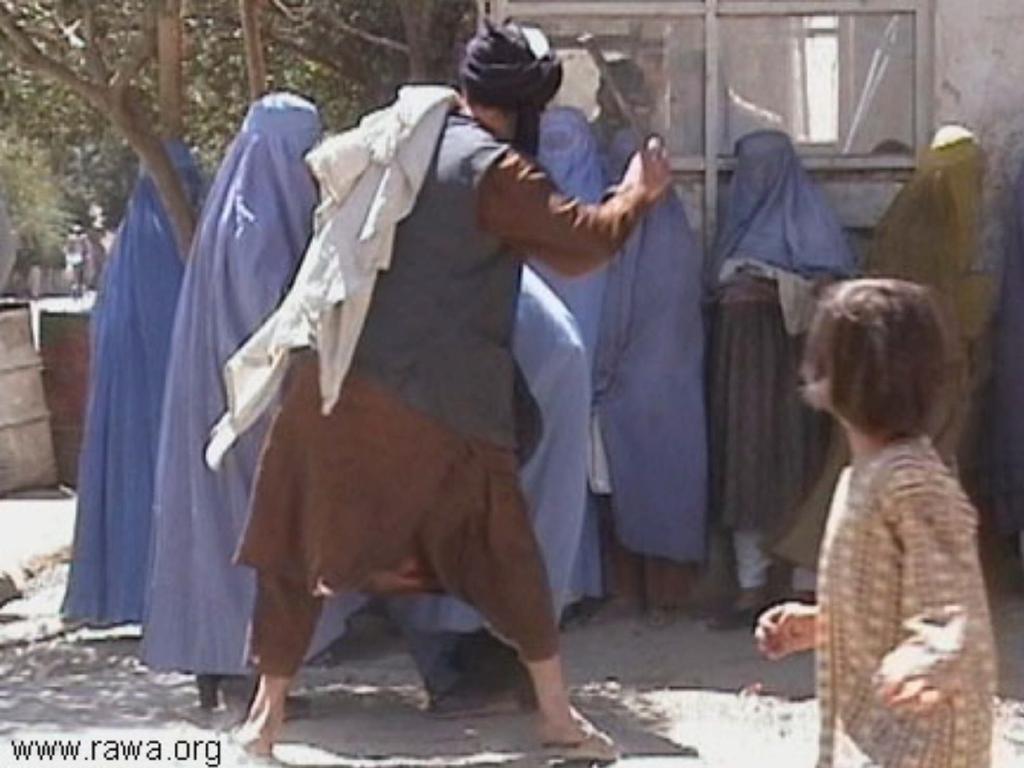
People were publicly stoned to death for adultery.
Consuming pork and alcohol was forbidden and people were banned from embracing creative things like photography and painting.
Cinemas were closed and converted into mosques and many types of music, television and film was forbidden.
Doctors were ordered to cut off the hands or feet of anyone convicted of theft.
Men were forbidden to shave their beards and had to wear turbans when outside their houses.
Gambling and drug trafficking was banned and by 2001 up to 99 per cent of Afghanistan’s opium production was eradicated.
In a bizarre rule, kite flying and any keeping of birds or pets was prohibited with the Taliban imposing strict punishments on anyone who did.
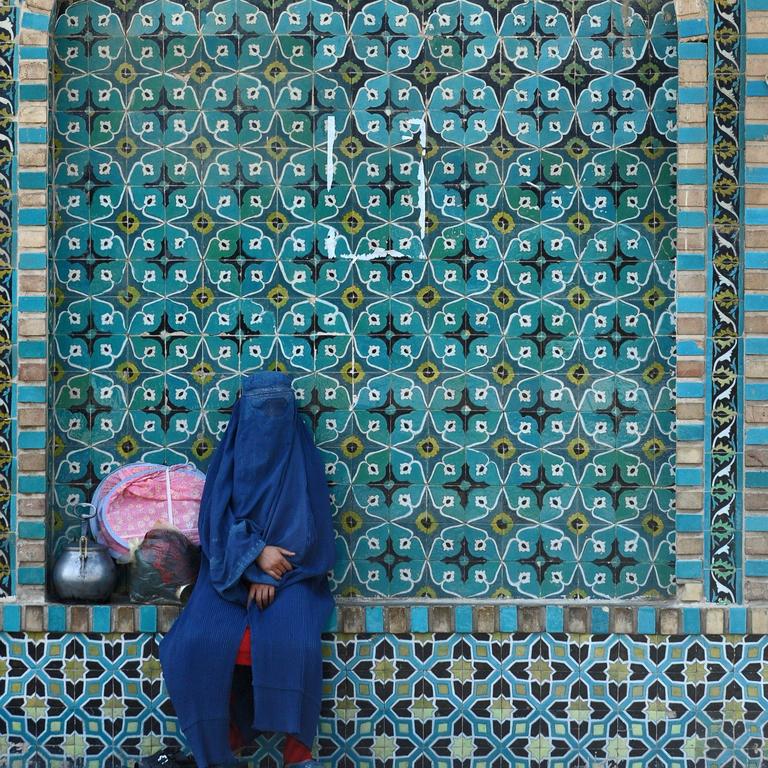
Will the US return to Afghanistan?
US President Joe Biden fronted reporters earlier today to address the Taliban’s swift takeover and defend the withdrawal of troops.
In his first public appearance since the Islamist insurgents seized control of the country at the weekend, he admitted the Taliban advance had unfolded more quickly than expected.
Heaping criticism at the Western-backed government that was ousted with shockingly little resistance, he said US troops could not defend a nation whose leaders “gave up and fled”, as did President Ashraf Ghani.
“We gave them every chance to determine their own future. We could not provide them with the will to fight for that future,” Mr Biden said in his address at the White House.
“American troops cannot and should not be fighting in a war and dying in a war that Afghan forces are not willing to fight for themselves.”
Mr Biden said thousands of US troops were assisting in the evacuation of Afghanistan but the nation would not be returning to fight another war.
The United States has sent 6000 troops to ensure the safe evacuation of embassy staff, as well as Afghans who worked as interpreters or in other support roles.
Other governments including France, Germany and Australia have also organised charter flights.
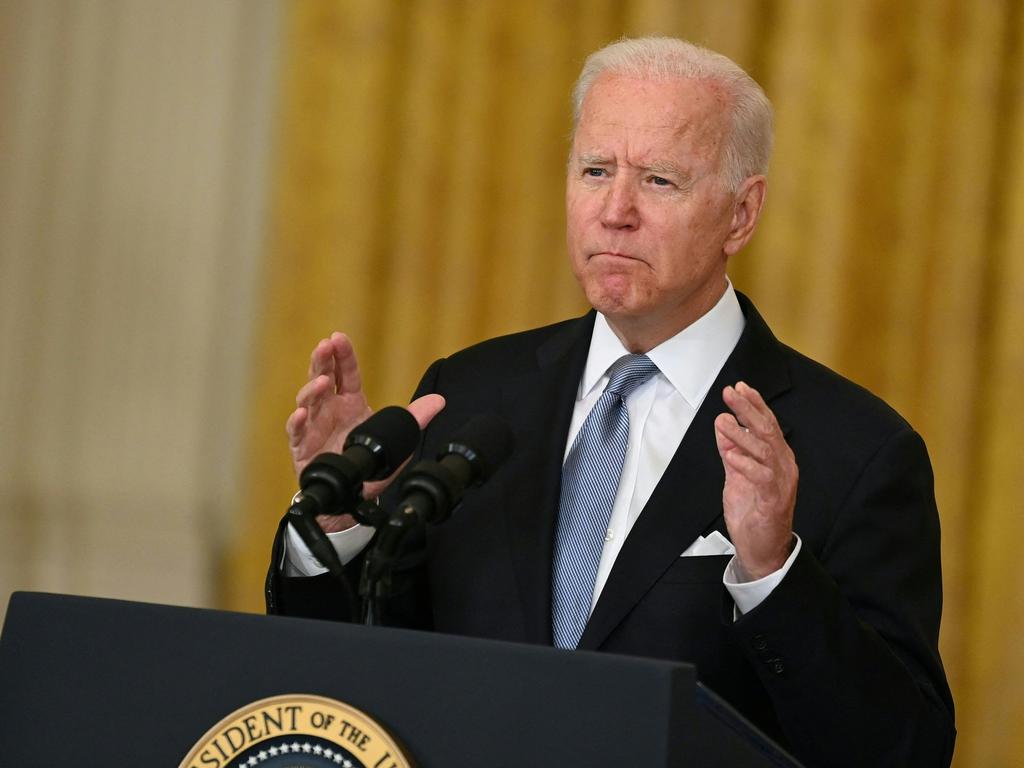
What is the rest of the world doing?
China was the first major nation to flag support for the Taliban, stating it was ready for “friendly relations” just hours after the group took control of Kabul.
Both Russia and Iran have also made diplomatic overtures.
The UN Security Council has taken a different approach, urging the international community to ensure Afghanistan does not become a breeding ground for terrorism.
“The world is watching,” UN Secretary-General Antonio Guterres said.
“We cannot and must not abandon the people of Afghanistan.”
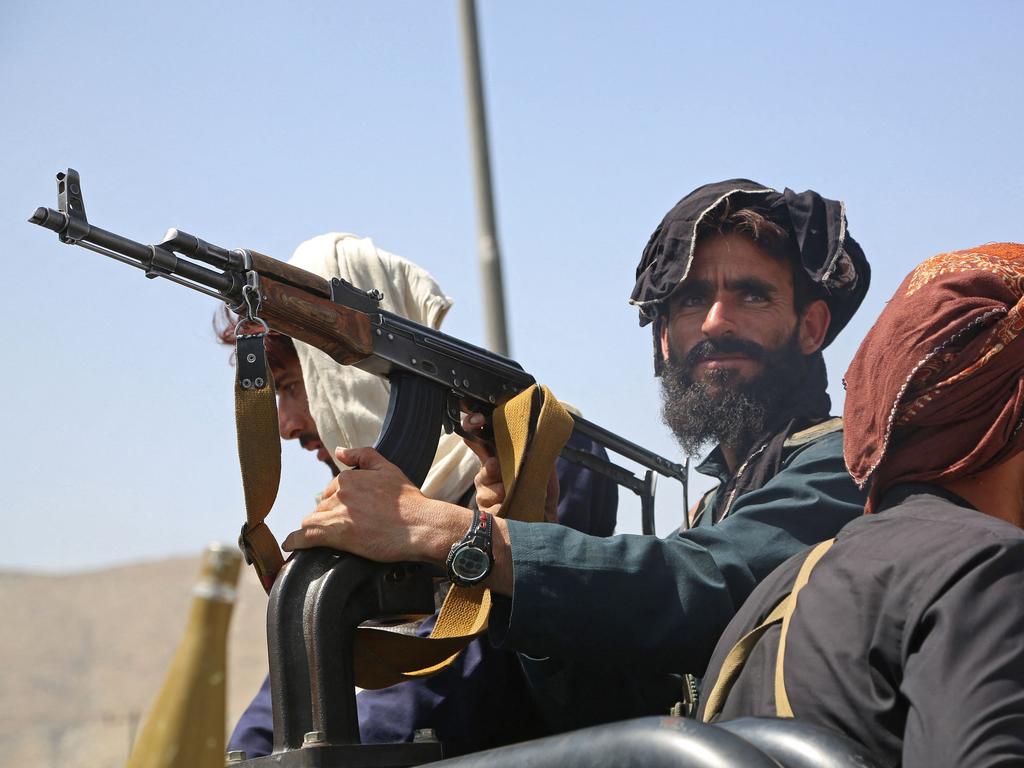
- With AFP


